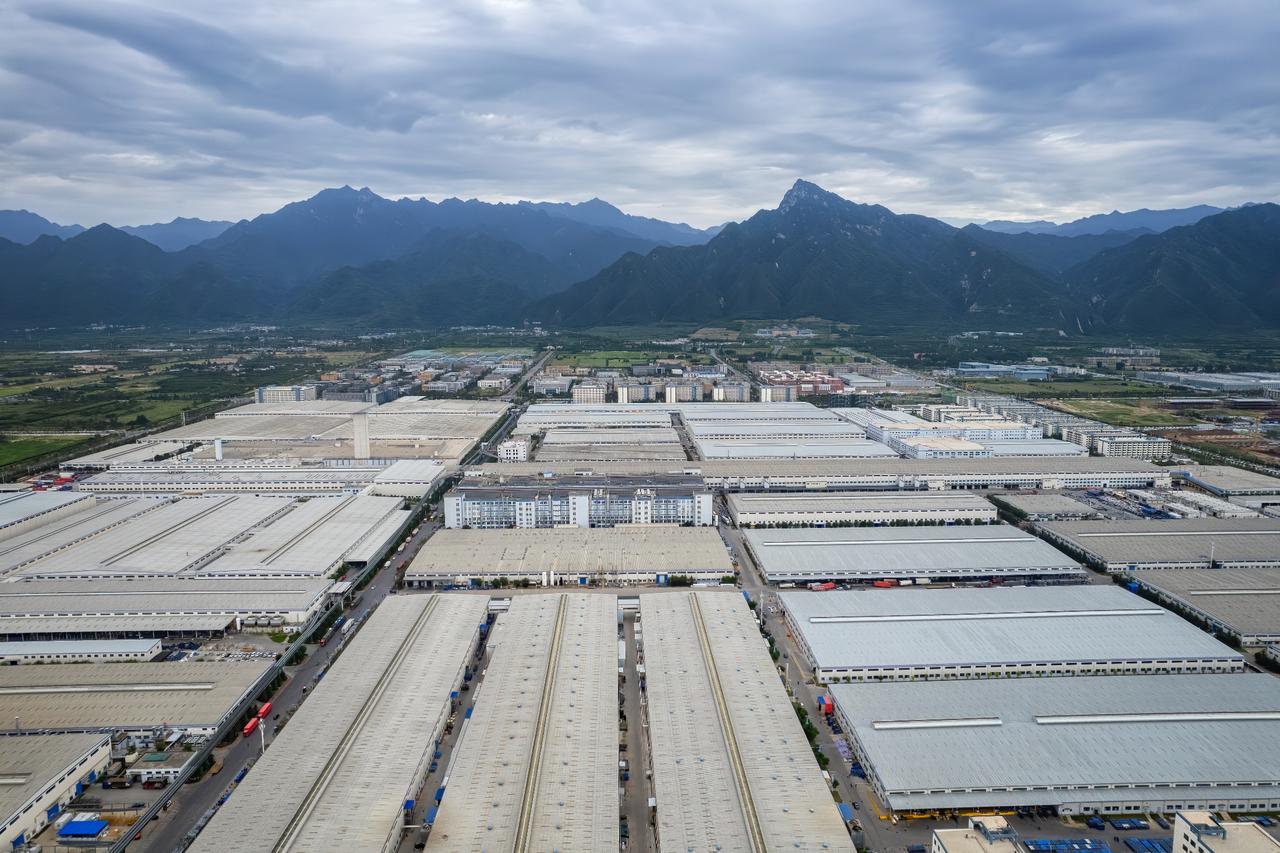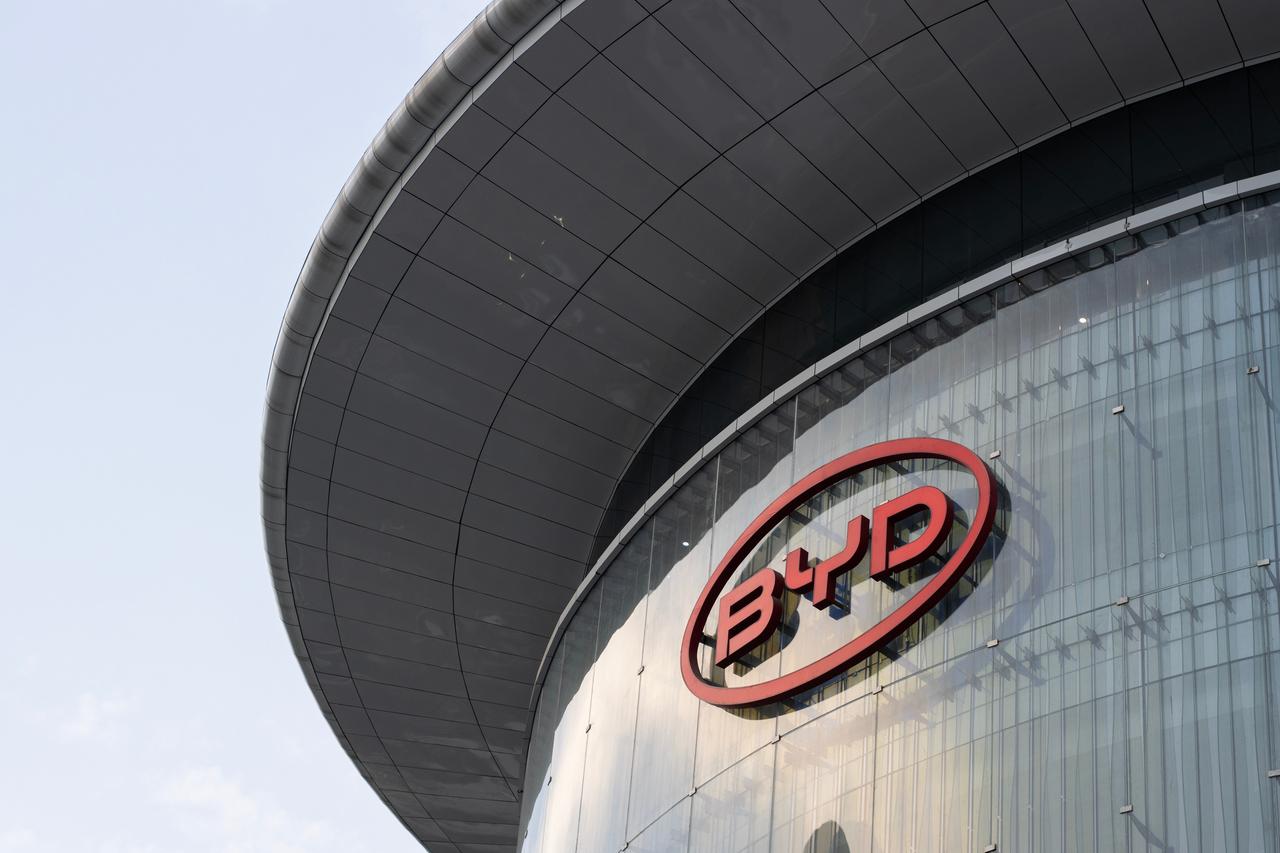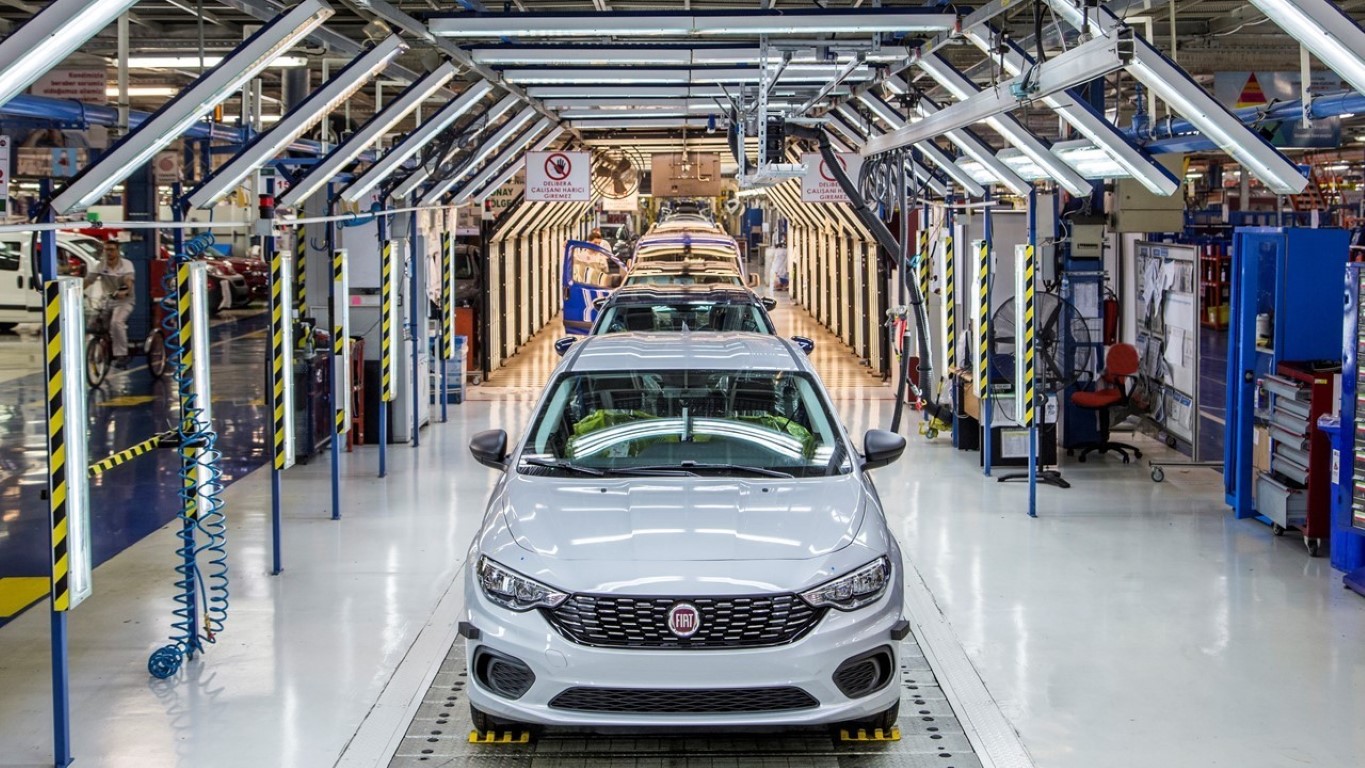
Türkiye may risk becoming a low-value assembly hub for Chinese electric vehicle (EV) manufacturers unless stricter industrial and trade policies are introduced to ensure technology transfer, domestic upgrading, and alignment with European Union (EU) rules, a new report by the Istanbul-based think tank Economic Development Foundation of Türkiye (EDAM).
The study, titled The Trade–Industrial Policy Nexus for Chinese Electric Vehicle Investments in Türkiye, argued that while Chinese capital can help expand production capacity, battery facilities, and upstream material processing, the absence of robust policies risks locking the country into a role dependent on imported high-value components and vulnerable to European Union (EU) trade restrictions.
Türkiye’s transport sector is a major contributor to greenhouse gas emissions, accounting for 23.1% of national CO₂ output, the report highlighted. Although more than 10% of new cars sold in 2024 were electric, EVs make up only 1.13% of the total vehicle fleet. High purchase prices, limited charging infrastructure outside western urban centers, and low domestic battery capacity are cited as key barriers to wider adoption.
To address these gaps, Chinese automakers have stepped up their investments, according to the report. BYD is establishing a $1 billion production facility in Manisa, western Türkiye, with plans to produce 150,000 plug-in hybrid vehicles annually and employ up to 5,000 workers by 2026.
Another Chinese automaker, Chery, has also been mentioned in connection with plans for a factory in Samsun, while lithium battery producer Ganfeng has partnered with Türkiye’s Yigit Aku in a $500 million venture to manufacture lithium-ion batteries. Other brands, including Skywell and MG, have also entered the Turkish market, the report emphasized.

However, the report noted that without structured industrial policies, these projects may replicate the Central and Eastern European experience of the internal combustion engine era, where countries were integrated into global supply chains but captured little technological expertise or domestic value. The heavy reliance on imported batteries, modules, and electronics could limit Türkiye’s role to final assembly, leaving value creation abroad.
Cybersecurity and data protection risks are also underscored in the report, which notes that as vehicles become increasingly software-driven, Türkiye’s weaker safeguards compared with the EU’s stricter data protection framework raise concerns. The report warns that this gap could leave the sector vulnerable unless Chinese investment is accompanied by stronger regulatory oversight.

The report further pointed to risks in Türkiye’s trade relationship with the E.U., its largest automotive export market. While the Customs Union eliminates tariffs on industrial goods, it does not prevent the E.U. from applying trade defense measures such as anti-dumping duties. Current E.U. rules also fail to recognize Turkish inputs as E.U.-origin in value-added calculations, meaning that EVs assembled in Türkiye with Chinese backing could still face restrictions when exported to Europe, it asserted.
To avoid these pitfalls, EDAM recommends a conditional engagement strategy. Investment incentives should be tied to staged localization, moving from module assembly toward full battery cell production, and joint ventures should be prioritized over wholly foreign-owned plants.
The report also called for mandatory local research and development, structured supplier integration programs, and a centralized foreign direct investment (FDI) screening mechanism. At the same time, securing an agreement with Brussels to count Turkish and E.U. content jointly in value-added rules would be essential to guarantee barrier-free access to the European market, it concluded.